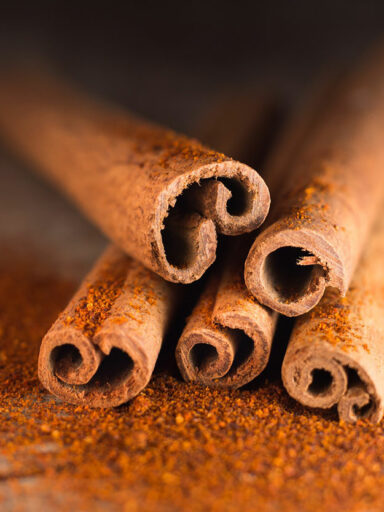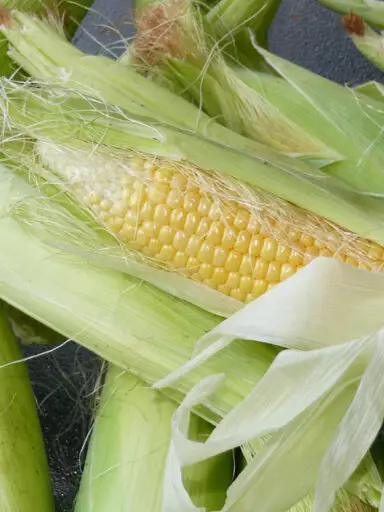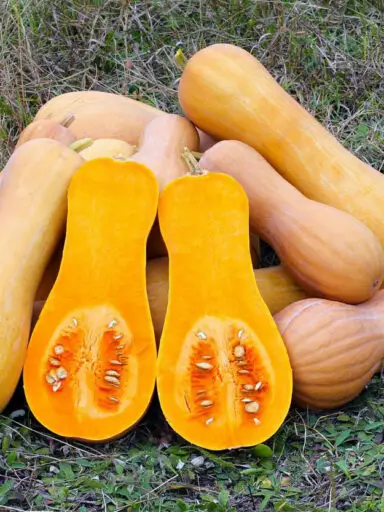French tarragon, dragonwort, or Estragon, is a species of perennial herb in the sunflower family. It is cultivated for medicinal and culinary purposes. The leaves are used as an aromatic culinary herb that resembles Anise.
Russian tarragon and wild tarragon are generally not used as culinary herbs due to their lack of aromatic flavor. This herb grows to about one meter to one and a half meters tall. It probably originated around the Central Asia region.
It has thin branched stems with leaves that grow to 2 8 cm long. The French variety has rhizomatous roots which are used to propagate the herb.
Other substitute varieties that can be used for culinary purposes are Spanish tarragon, also known as Mexican mint marigold, Mexican, Texas, or winter tarragon.
This herb can be grown in the home garden and used when needed by plucking off the tips and leaves as needed. On a larger scale, the leaves are generally harvested at the flowering time for drying slowly under the sun.
The dried herb can be bought all year round in stores and marketplaces and can be stored for several months to retain flavor. Fresh tarragon can be purchased. The fresh leaves have better flavor and nutritional content.
When buying fresh, avoid shriveled leaves or those that are discolored or bruised. The leaves can be stored at home in a refrigerator usually for immediate use.
How to Use Tarragon in the Kitchen
Fresh leaves should be washed under running water to remove dirt, soil, and other impurities or pesticides. It is normally added in small amounts to the dish at the last moment of cooking so as to retain the most flavor and taste.
It can be used as an ingredient in a green salad. The dried leaves can be used to marinate meat, poultry, fish, and lamb dishes. It can also be used to flavor sauce and soup dishes.
It also happens to be one of the main ingredients in French béarnaise sauce. This is a hot emulsified butter sauce. The sauce generally consists of clarified butter, chervil, egg yolks, and peppercorns. It also contains shallots and tarragon vinegar.
Nutritional Benefits of Tarragon
It contains 295 calories per 100 grams. It contains no cholesterol and is a good source of dietary fiber, protein, and carbohydrates. It also has amounts of fat in it.
It is a rich source of B-complex vitamins including folates, pyridoxine, and riboflavin. It also contains large amounts of niacin and thiamin. This culinary herb is also a great source of vitamin A and vitamin C.
As far as minerals go, it contains large amounts of potassium, calcium, iron, and manganese. It is also a rich source of copper, magnesium, and zinc.



